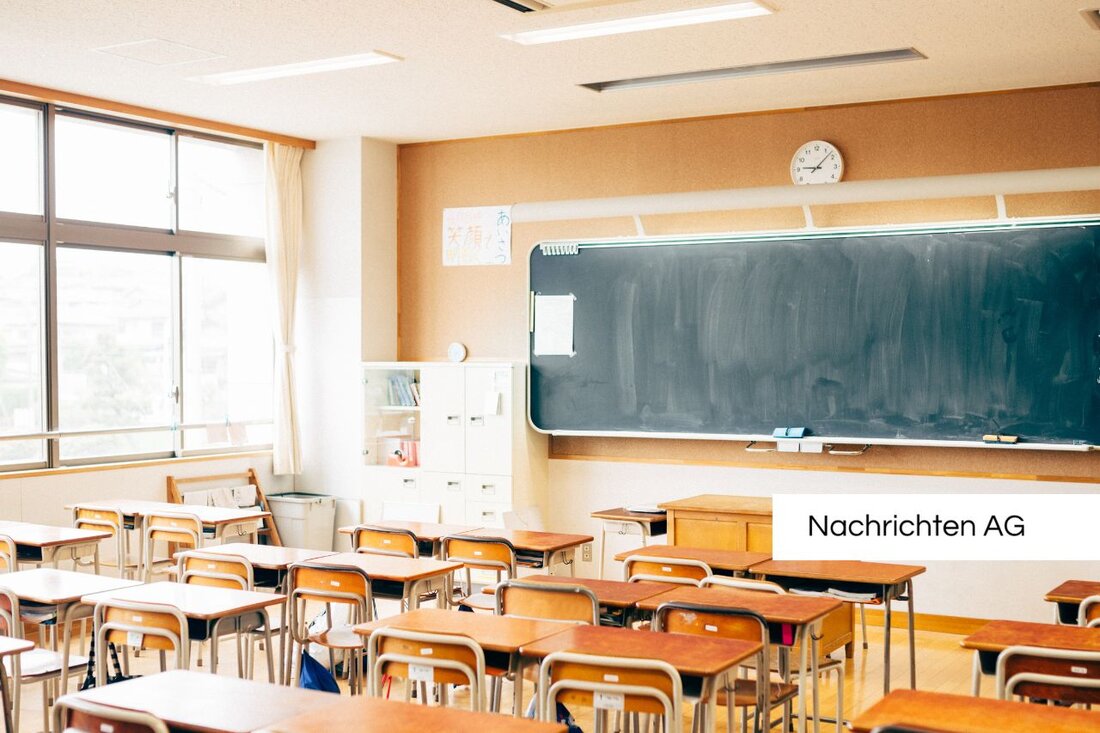Orientation classes for refugee children: teachers warn of problems!
Orientation classes for refugee children: teachers warn of problems!
In the future, refugee children are to be taught in special orientation classes in Austria before they switch to regular classes. This measure is classified by the compulsory school teacher union as problematic because it could put additional pressure on the school management. However, the implementation of these classes is subject to thorough evaluation by the Ministry of Finance, which is worried about possible costs, especially in the federal states of Tyrol and Vorarlberg. The union, on the other hand, welcomes the fact that children only switch in regular classes when they have reached the necessary school maturity.For child -friendly integration, psychologists should be included in the orientation talks. This step aims to help children without educational experience in particular. In the conversations that are to be carried out together with school management and parents, children with basic difficulties can remain in the orientation classes for up to six months. However, there are concerns that the implementation of these conversations with non -German parents is made more difficult by the lack of interpreters.
challenges in implementation
concerns also express school supervisory authorities who fear that elementary school children and older young people have to be taught in common classes, which brings further challenges. The professional association of Austrian psychologists has called for the integration of school psychologists to avoid misjudgments and inappropriate positions. In addition, experts from the Industrial Association propose to include specialists for language support in the orientation process. The Language Rights network warns of the risk that the introduction of these orientation classes could extend the duration of German funding measures.
Another point of dispute is the financing of the orientation talks. Vorarlberg would like to clarify who bears the costs, while the municipalities are demanding a full cost of costs by the federal government. The Ministry of Finance also requires a uniform guide to carry out the talks. The Federal Chancellery has again urged the need to determine concrete details to implement the measure.
comparison with Germany
In Germany, on the other hand, many schools have opened preparatory classes for refugee children from Ukraine to make it easier to get started with the education system. However, expert Juliane Karakayali criticizes this procedure as ineffective. In their opinion, many of these classes were set up due to a lack of resources and not for educational reasons. It is also unclear how the transition to regular classes should work, since students often remain in the preparatory classes longer and the separation is perceived as stigmatizing.
A study from 2020 shows that the integration of preparatory classes and regular classes is more effective, since students in regular classes often benefit from additional German lessons. Historically, it is known that migration is usually not temporary, which underlines the need for better integration. The recognition of the qualifications of Ukrainian teachers is also a challenge. Karakayali criticizes that schools are more difficult to prepare for the challenges than in 2015.
right to education and inclusion
The discussion about the right to education for refugee children is also a central topic in German education policy. Access to the education system is often difficult for refugees and newly migrated children, and the separation into regular and preparatory classes is perceived as discriminatory. The German system provides for different class models, which leads to great variance in the quality of education. In addition, children with uncertain residence status often have no access to school offers.
In order to counteract the fact that refugee students are often perceived as a passive victim, it is crucial to recognize their skills and potential. A resource -oriented perspective could help promote school inclusion and intercultural education. The transplicuaging approach is seen as an inclusive concept for language support that gives hope for better integration of the refugees.
| Details | |
|---|---|
| Ort | Vienna, Österreich |
| Quellen | |


Kommentare (0)